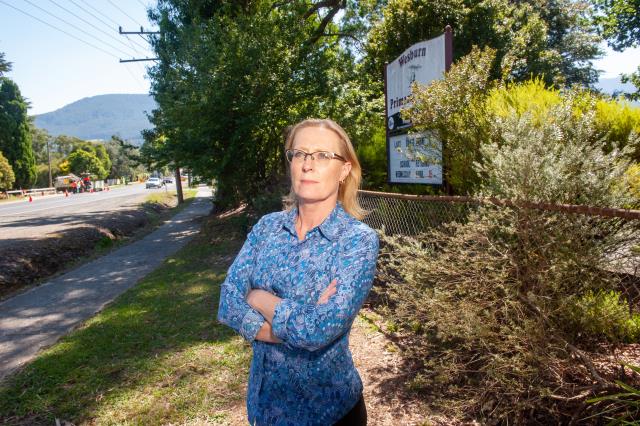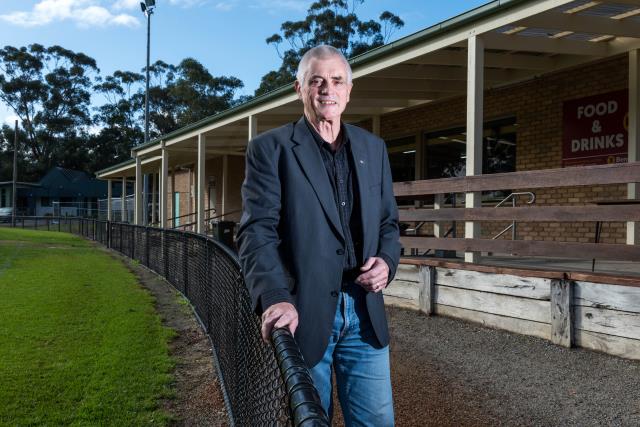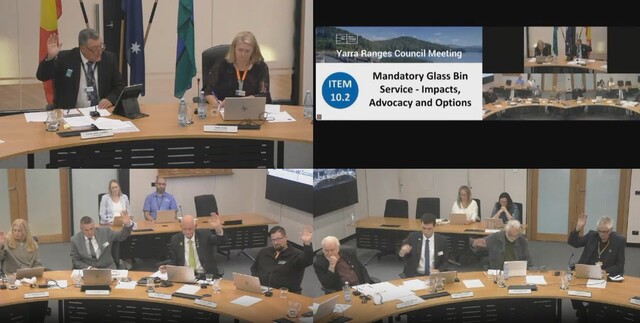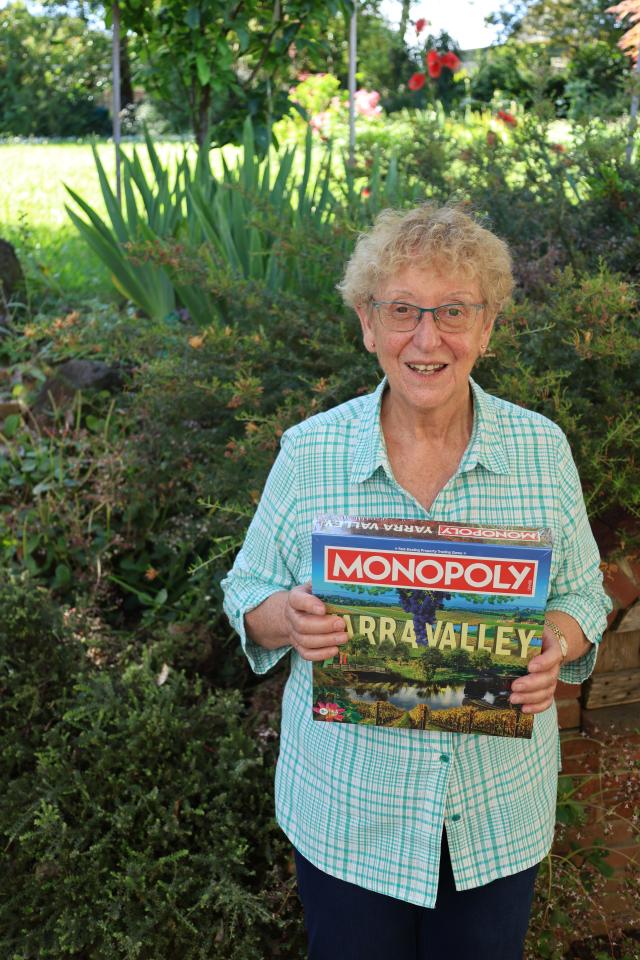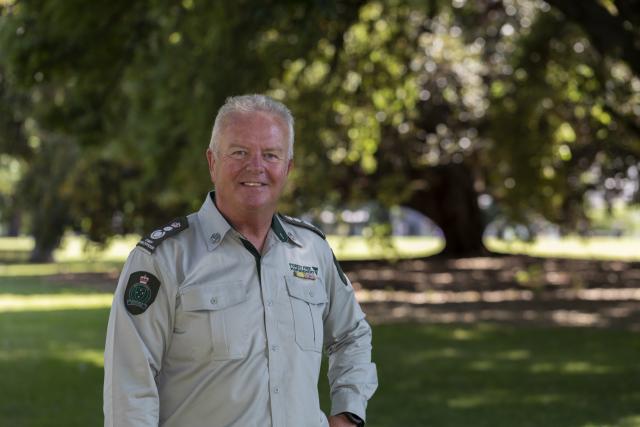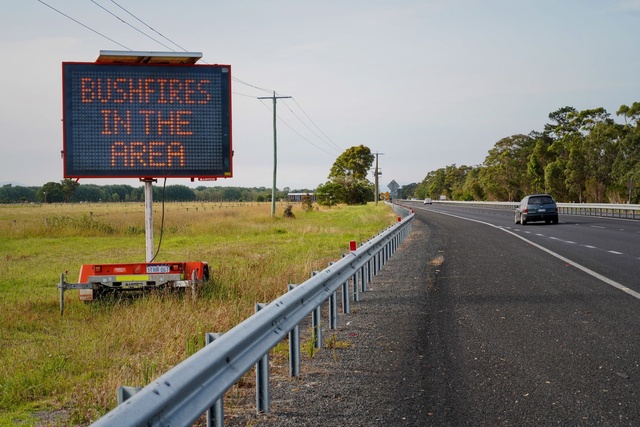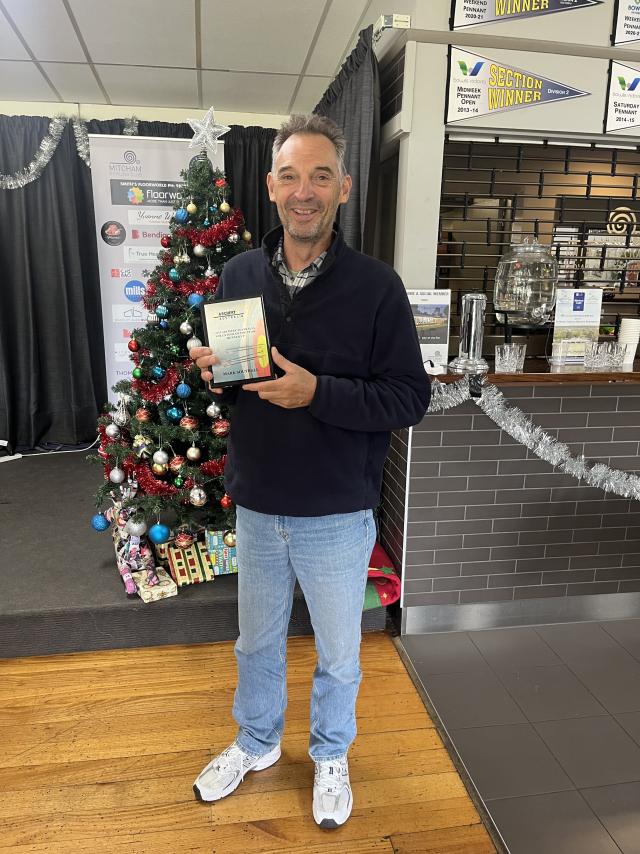The release of IBAC’s latest report on corruption findings in the Victorian Public Sector, sent heads spinning on 29 August, as local councillors and representatives outlined mixed views of the report.
This report, elicited by the Independent Broad-based Anti-corruption Commission (IBAC), was conducted via an overarching and optional survey sent out via email to be completed by Victorian Members of Parliament (MPs) and local government councillors.
Eildon MP Cindy McLeish said transparency was key in holding governments to account.
”Processes must be clear, understood and they need to be followed. If dodgy processes are the way it’s done, then the processes remain dodgy and it’s a slippery slope,” she said.
IBAC executive director of Prevention and Communication Dr Linda Timothy said collecting the survey data “helps us to better target our corruption prevention, detection, and education efforts to address corruption risks and vulnerabilities across the whole public sector.”
The survey demonstrated that 73 per cent of councillors and 68 per cent of MPs think corruption is a problem in Victoria, naming nepotism, collusion and misuse of resources as some of the most prominent risks faced by MPs and Councillors.
Although the survey was sent out to all councillors and MPs in the Victorian government, 28 of the 128 MPs and 131 of the 632 local government councillors, filled out and submitted the survey.
In the report, 61 per cent of MPs and 59 per cent of councillors agreed that corruption is a problem among elected officials.
“With five IBAC reports tabled in the last 12 months involving the Andrews Labor Government, is it no wonder that MPs and Councillors are concerned about corruption in the state,” Ms McLeish said.
“We also have the Ombudsman looking into the politicisation of the public service which is further cause for alarm. The public service should be objective and independent and not another arm of government.
“The Andrews Government’s recent appointment of three former Labor Ministers to key positions without an open and transparent recruitment process is concerning.”
The survey results revealed that 64 percent of participating MPs strongly agreed that they would report corrupt behaviour if they observed it, with the remaining percentage agreeing. Fourteen per cent of MPs did not answer this question.
Further, 36 per cent of MPs and 34 per cent of councillors strongly agreed that “their elected colleagues would be supportive if they reported corruption”.
Yarra Ranges Mayor Jim Child said the council follows strict processes to ensure corruption and the reporting of it is made clear to councillors.
“At Yarra Ranges, we have clear processes in place to make councillors very aware of how to operate and navigate their important roles as elected officials,” he said.
“We have to be ever vigilant and abide by our processes, and I’m confident this will continue in our region thanks to the training we undertake as councillors.”
But in Ms McLeish’s opinion, anonymity remained a high priority for those reporting corruption.
“If people have reported corruption, most people aren’t going to say they reported this because it could come back to bite them. Even if someone has reported it, they want to be anonymous,” Ms McLeish said.
Dr Timothy said “one of the interesting findings in the report was learning that while most councillors and MPs said they would report corruption if they observed it, not all of them knew how to report corruption.”
“IBAC has work to do in educating our political representatives on IBAC’s role and functions,” Dr Timothy said.
The media release On behalf of Independent Broad-Based Anti-Corruption Commission, announced “the survey findings reinforced the importance of several recommendations made in IBAC’s Operation Sandon special report, including the need for better training on governance, leadership and integrity and the development of a model Councillor Code of Conduct.”
Upon being asked if she trusted IBAC’s results, Ms McLeish asserted that she did and said “yes, because they surveyed MPs like me and as far as I know, the survey went out to everybody.”
Additionally, Ms McLeish was asked if she herself had experienced corruption in government, to which she said, “not corruption. I haven’t seen anything but we’ve seen the reports when they have uncovered corruption. People are often saying to me that something is corrupt but actually in most cases it is soft corruption and just dodgy.”
A Victorian Government spokesperson said they are dedicated to transparency and integrity in government and across the public sector.
“We’ve delivered stronger powers for IBAC and record funding – including nearly doubling IBAC’s funding since we came to Government,” the spokesperson said.
“Of course, there is always more work to do, and the Attorney-General regularly speaks to IBAC and other agencies about opportunities to further strengthen our integrity system.
“This includes discussions about law reform they would like the government to consider. The Government is giving proper consideration to the recommendations of Operation Daintree, as is appropriate, and will respond in due course.”

